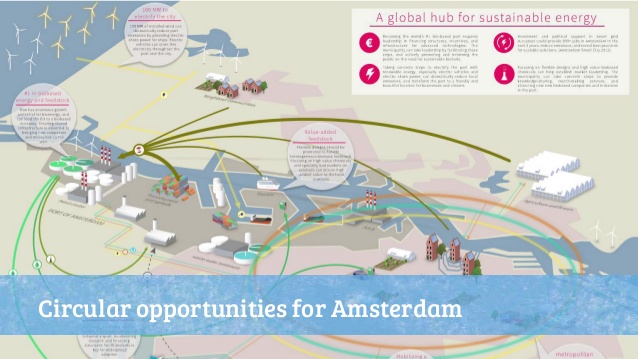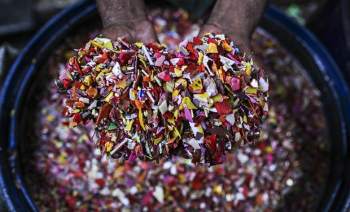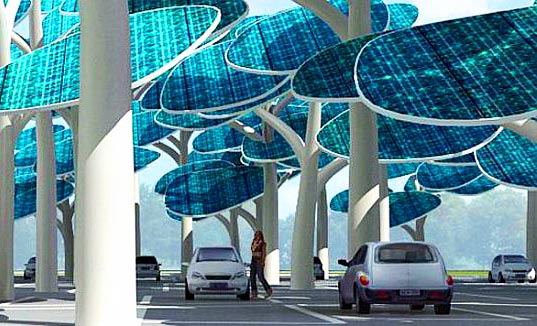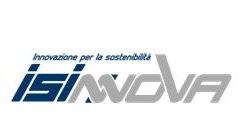
2 cases of circular initiatives
1. Closing the loop of construction- and demolition waste
An example of this initiative is the Circle City initiative in Rotterdam, where a social housing corporation, a sustainable demolition firm, a recycling company and a municipal cleansing company joined forces - and were able to implement a sustainable demolition strategy with a positive business case. The added value was clear: it led to efficiency improvement in the demolition and construction process and to cost savings, new jobs and environmental merits.
The region of Amsterdam aims to copy this Circle City example. Precondition is cooperation in a consortium of companies and implementation of new financial and organizational arrangements. Moreover, a virtual marketplace for the supply and demand of recycled materials needs to be created to enhance the use of these materials at large scale. In addition, physical locations should be assigned to store recycled materials temporarily. These should aim to enhance high environmental, social and economic performance. Moreover, they can promote the use of recycled materials in new buildings and the design of sustainable buildings.
2. Closing the loop of plastics
Plastic recycling is a relatively new phenomenon in the Netherlands. Besides the recycling of PET bottles collected via a deposit system and company specific plastics, no attempts were made to recycle plastics of household and industry at a large scale. Since 2007, the national government introduced a recycling system for plastic. In order to finance the start of this system a packaging tax was introduced and a Plastic Hero collection system set up. This triggered municipalities to install the Plastic Hero system and consumers to take part in the collection of plastic waste. The goal is to recycle 52% of the plastics in 2022. However, the system is so successful that this target will be reached in 2017.
As Germany was ahead of the Netherlands in recycling plastics, we first brought the collected plastic waste to this neighbouring country to be recycled. When the success of the system became evident, the first recycling factory was established in Rotterdam in 2010. At present, several regions, among which the Amsterdam Metropolitan Area, are in the decision-making stage of whether or not to follow the example of Rotterdam. To avoid divestments in too many plastic recycling facilities, the region aims to coordinate the locations of these facilities. Moreover, the region promotes innovations and R&D in plastic recycling aimed at enhancing the resource efficiency of all kinds of plastics even further. This activity will be part of the regional approach as well.
Links:
Developing a road map for the first circular city







